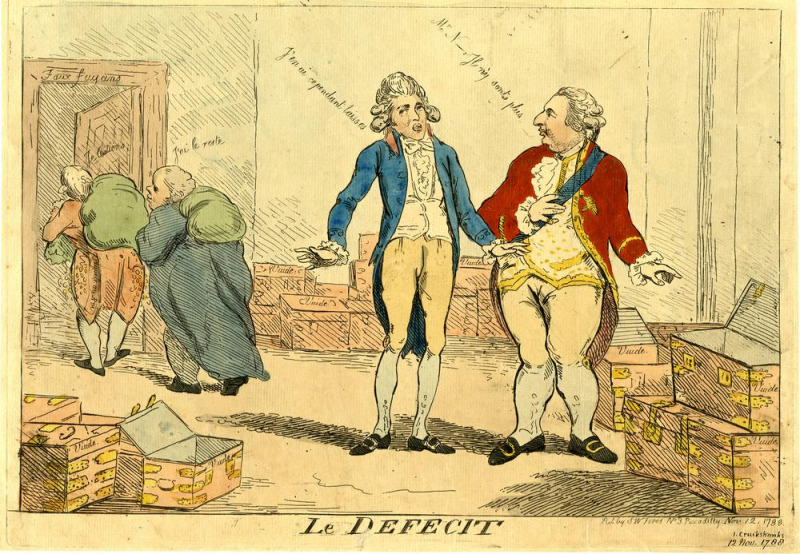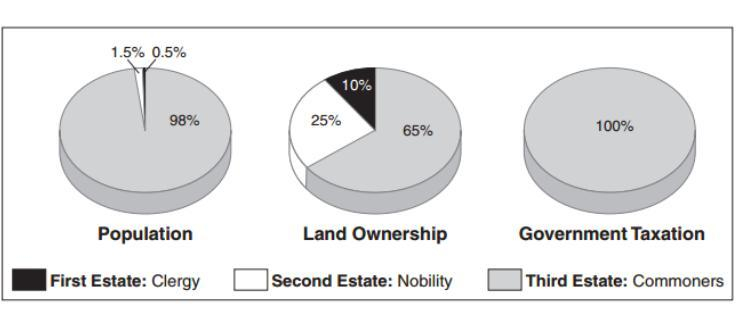The Primary Cause Was A Financial Crisis
The first interesting fact about the French Revolution is related to the cause of it. France was in the midst of a financial crisis when the revolution began. This was primarily due to France's involvement in a series of costly wars. Food and consumer goods demand increased as the population grew. Moreover, severe weather and bad harvests caused the price of flour to skyrocket, leading the price of bread to increase as well. Bread was the most common food consumed by most French inhabitants, and it was believed that the working class of France spent up to 90% of their daily income on bread.
From around 1730, the discovery of new gold mines in Brazil resulted in a general surge in prices across the West, indicating a successful economic condition. This development slowed after 1770, and economic crises, which sparked panic and even revolution, became more common. Furthermore, the financial crisis of France was exacerbated by the royal family's lavish spending on luxuries. France was split into three Estates: the clergy, the nobility, and the remainder of the population, which accounted for roughly 98 percent of the French population. Because the top two estates enjoyed several benefits, including tax exemptions, the Third Estate bore the brunt of the financial crisis, leaving the common people hungry, unemployed, and furious.












